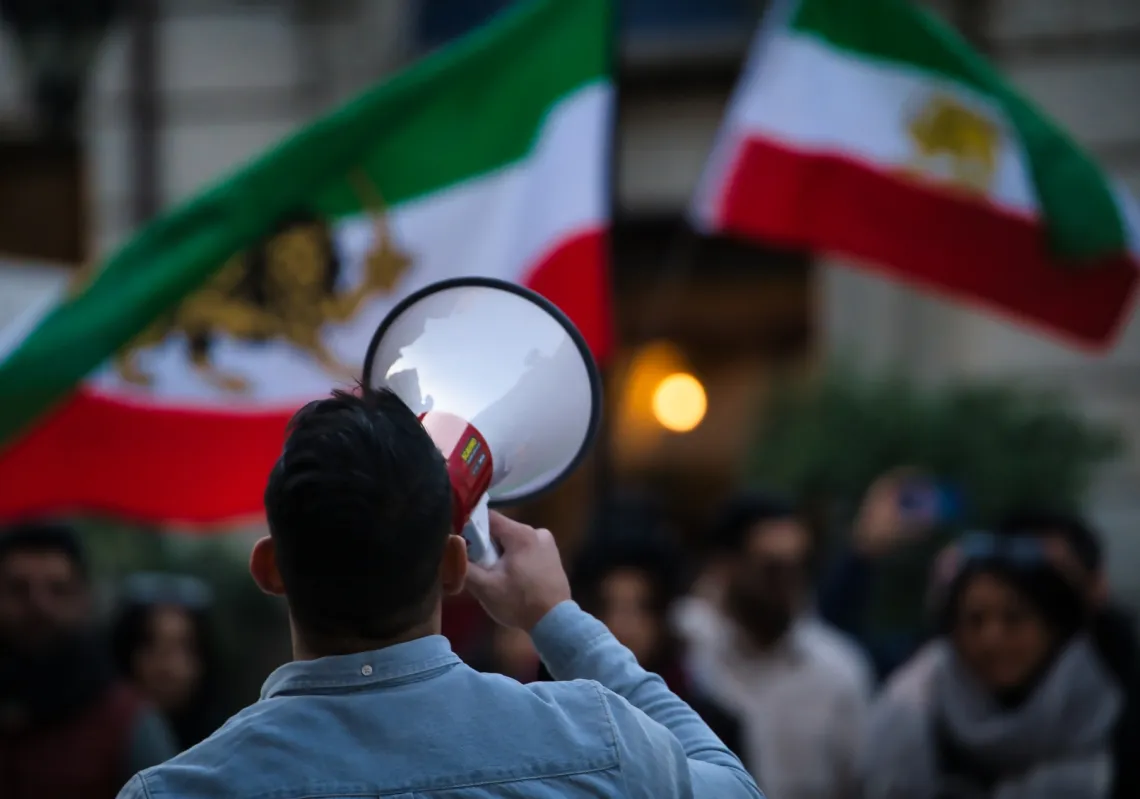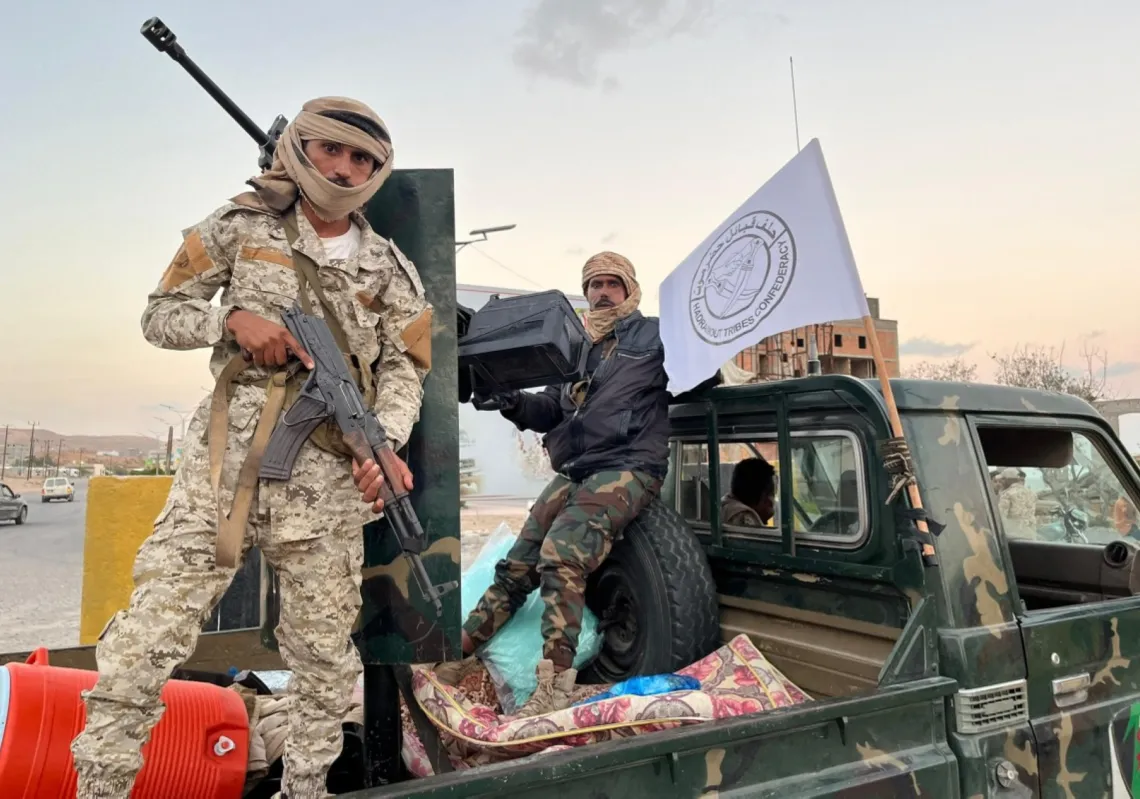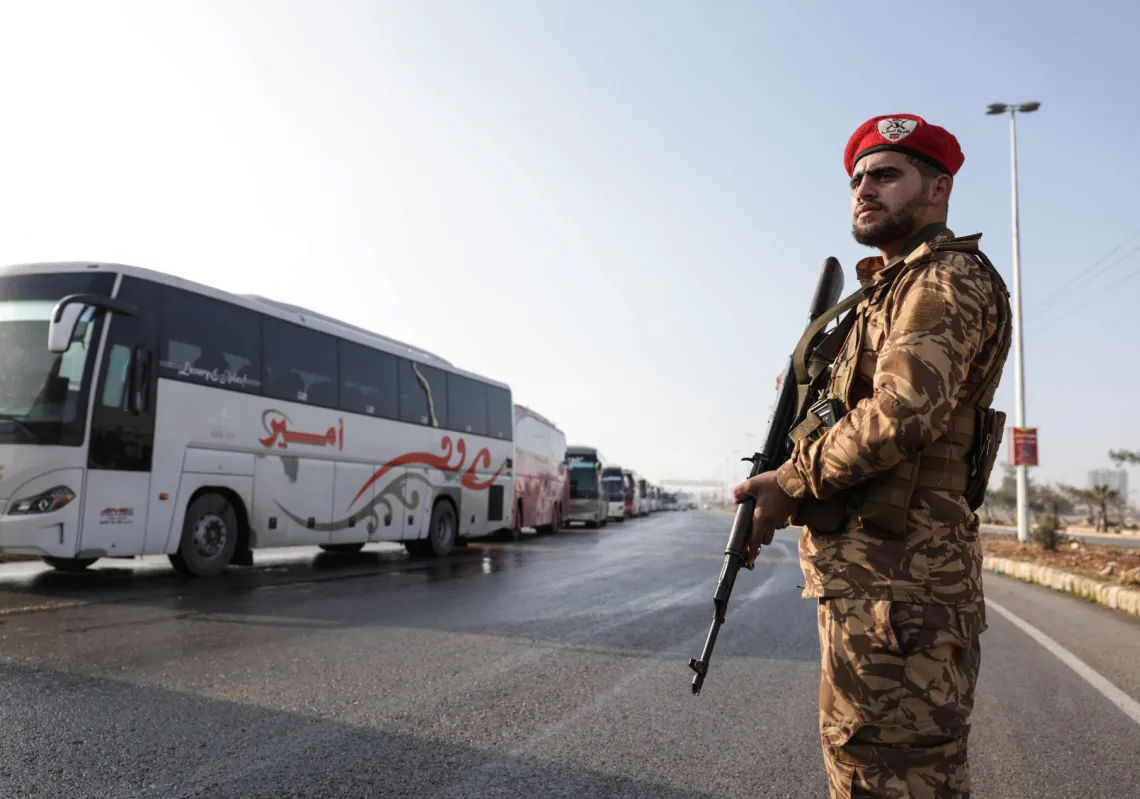By Shanatal George Dagher 2009
Published by Dar Annahar
The book explores the performance of Lebanese armed forces in the battle and traces the stages of operations and military plans to eradicate the "Fatah Al-Islam Movement". The book aims to provide accurate documentation of one of the most difficult confrontations experienced by the Lebanese army in a critical stage of Lebanon's contemporary history.
Dagher interviews leaders and officers from the army leadership who supervised progress of operations in Nahr Al-Bared (the army leader Major General Michael Sulyman and Late General Francois Al-Hajj, the leader of Al-Bared Battlefront and Director of Operations, one week before being assassinated) in addition to officers and soldiers who took part in the attack and confrontation against terrorists of Fatah Al-Islam. The Lebanese side includes officers and soldiers from all squads and combating, engineering and logistics units of the Lebanese army, especially the "Elite Sqaud" (Al-Maghaweer). Many civilians also played a vital role in the battle in parallel with the army in all stages of the fighting.
In the book the commanding officers talk about their experience and their role during this battle and the circumstances they went through during the battle of Nahr El-Bared. They also speak about their units, the soldiers' performance and the lessons they learned after this tough experience, in addition to some tools that were created to fit the nature of the field and the course of operations. Those creative tools are considered a rare achievement and formed a crucial element in ending the battle.
The book shows the commitment of the military establishment and the international law in dealing with members of the "Fatah-Al-Islam" group. Members of the army also did not commit any revenge acts despite the fierceness of the battle and the number of sacrifices they made. They were also morally motivated and highly disciplined, which the military demonstrated in their handling of members of the "Fatah-Al-Islam" group who surrendered.
The writer says "I wanted to write about this distinguished experience and to put 105 days of Nahr El-Bared battle, documented and printed in history to share with the readers this information because this event was not given its due depth and lessons. This battle should not be forgotten in history."
The writer adds "The book is a record of appreciation for the Lebanese military people for all the sacrifices that they have offered. I wanted to shed light on the patriotic part of the battle and national and international support for it, and how the Lebanese army was united despite political conflicts between the Lebanese people."








